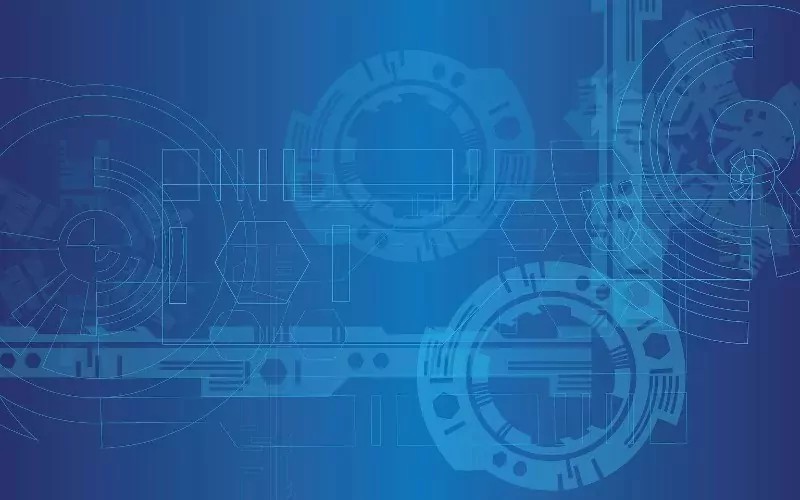In a digital age where automation reigns supreme, the human element seems to be sidelined. This startling incident involving a software developer is a poignant reminder of the unforeseen consequences of over-reliance on technology.
The abrupt job termination of Ibrahim Diallo by an automated system underscores the critical need for balanced oversight. It highlights the sometimes unchecked nature of machines and their impact on human livelihoods.
An Unexpected Lockout
Ibrahim Diallo’s ordeal began innocuously when his key card failed on a seemingly normal day at his Los Angeles-based firm. With no initial reason for alarm, he assumed it was a simple technical glitch. However, upon reaching his office, his manager’s promise to replace the card soon took a back seat to bigger problems.
As the day progressed, Diallo discovered he was locked out of the company’s work system, with ‘inactive’ mysteriously appearing next to his name. An email to his recruiter revealed his contract was terminated—automatically and without human oversight. This set off a chain of events that left him perplexed and his supervisors powerless.
The Helplessness of Human Oversight
Despite reassurances from his director that the situation would be remedied promptly, the following day proved more challenging as Diallo faced complete access denial. Security protocols kicked into high gear, resulting in security personnel escorting him out, armed with a directive from a system-generated email.
The human element was starkly absent as his colleagues watched helplessly, unable to override the automated decision. This incident laid bare the limitations of human intervention in a highly automated environment.
The Corporate Acquisition Backstory
Diallo’s dismissal was rooted in procedural oversight following a corporate acquisition. His entry into the company coincided with its transition to new ownership, leading to administrative hiccups.
His previous manager, impacted by the acquisition, was transitioning to remote work and inadvertently overlooked crucial contract renewal tasks. Left unrenewed, the system interpreted the lapsed contract as a termination directive.
These administrative lapses highlight an underlying flaw in the continuous drive for efficiency—when a system’s rigidity overshadows its human-centric purpose.
The Three-Week Resolution Wait
For three weeks, Diallo was adrift, without pay and uncertain of his professional standing. Only after this period was the error rectified, and he was reinstated.
Despite the resolution, the delay was a testament to the systemic inefficiencies in addressing machine-induced errors—highlighting the need for real-time intervention mechanisms in automated processes.
The Human Cost of Automation
Diallo’s experience underscores a broader narrative about the human cost associated with automation. While technology advances often promise greater efficiency and reduced human error, they sometimes overlook the value of human oversight.
The episode reinforces the notion that while machines are designed to streamline operations, they are not infallible, and there must be safeguards to address potential oversights.
As Diallo returned to his role, albeit temporarily, he recognised the importance of having contingency plans when algorithms go awry—an understanding many companies could benefit from.
Lessons in Digital Oversight
Automation, as Diallo’s case illustrates, can produce both benefits and challenges. Understanding where and when to interject human oversight is crucial for organisations heavily reliant on technology.
Such incidents compel companies to scrutinise their reliance on automated processes and foster environments where human judgment and digital efficiency coexist.
A Reflection on Workplace Automation
Diallo’s story serves as a candid reminder of the precarious balance between technology and human intervention in modern workplaces. It’s a cautionary tale urging organisations to reassess how they integrate automated systems into their operational fabric.
Ultimately, this experience prompts an overdue conversation about maintaining oversight within the digital framework of businesses.
Ibrahim Diallo’s experience is a stark illustration of automation’s unchecked power in the workplace. It calls for a reassessment of how technology interfaces with human roles, ensuring that the pursuit of efficiency does not compromise human integrity.
In the relentless march of digital progress, stories like Diallo’s serve as a critical reminder of the importance of balance between automated processes and human oversight.


